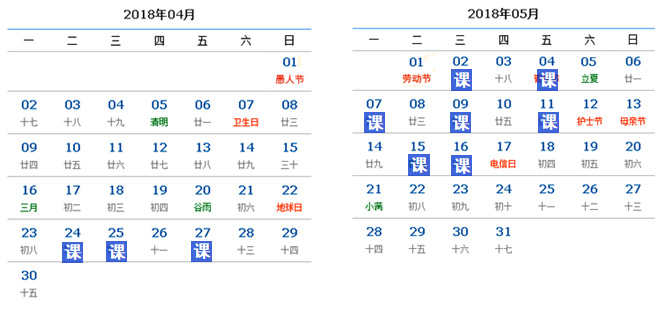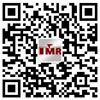维也纳大学PETER FRANZ ROGL教授将从4月24日起在我所为研究生和科技人员讲授一门专业课,详细安排如下:
一、授课内容简介
Lecture: Introduction to X-ray crystallography, crystallographic calculations and refinements
The lecture will be an introduction into crystallography and Xray (neutron) structure analysis combined with a series of examples in crystallographic calculations. Its content will contain the details as to how to change crystal settings, to calculate the point group in a space group type, to define the crystallographic relations of structure types in terms of Bärnighausen trees and to determine the crystal structure and in-depth structural refinements of a compound with unknown structure. The main contents are as follows,
1 Crystals, Lattices, Unit Cells, Atom Coordinates, Miller indices,
2 Symmetry in Solids (symmetry operations, Bravais lattices, crystal classes, HM symbols, space group types)
3 Choices of space group settings - structure tidy programme
4 Affine transformations, invariant points of transformation, properties of rotation axes, axes transformations, base transformations, invariance of symmetry operator transformations
5 Lage-vectors
6 groups of symmetry operations, coset decomposition, normal group, factor group, space group types.
7 Examples of space groups mm2, 4mm and others
8 calculation of point group coordinates for several space group types (group work)
9 X ray Crystallography (Bragg law, waves, Argand diagram, atom scattering factor, structure factor, the phase problem
10 Crystal Structure Analysis (Rietveld method, Rietveld refinement with some practical exercises),
11 Direct Methods (Harker Kasper inequalities, Sayres equation, Karle-Hauptmann determinant, sign probabilities
12 Example of a structure solution from a given data set
13 Description/Notation of crystal structures
14 How to construct a structure formula
15 Standardization of crystal structures – Typix
16 Crystal structures under pressure
17 Intergrowth structures
18 Interstitial hydrides
19 Neutron diffraction
20 Modular structures
二、主讲人介绍
Prof. Peter Franz Rogl studied physics and mathematics at the University of Vienna, Austria,where he obtained his Ph.D. degree in physics in 1971. The Ph.D. thesis on high-meltingborides was performed in the Institute of Physical Chemistry and in part in the ResearchLaboratories of the Metallwerk-Plansee AG in Reutte, Austria. In the years (1974–1976) P. Rogl was a postdoctoral research associate at the Oregon Graduate Center for Study andResearch near Portland Oregon, USA. Returning to Vienna, he got the venia docendi inphysical chemistry in 1980 followed by a permanent position as Dozent and since 1986 as a.o. Professor in the Institute of Physical Chemistry, University of Vienna. Since 2004 he is Full Professor at the chair of “Physical Chemistry of Materials” in the Institute ofPhysical Chemistry, University of Vienna. P. Rogl has authored or co-authored over 650peer reviewed journal articles and 24 books or chapters in books. He was awarded the Sandoz award 1985 of the SandozResearch Center, the Felix Kuschenitz award 1992 of the Austrian Academy of Sciences for outstanding research and the Life Time Research Gold-Medal-Award 2018 for his longstanding contribution to the Actinide research and the Actinide scientific community. Hisresearch interests include bulk thermoelectrics for energy conversion, non-centrosymmetric superconductors, the physicsand chemistry of rare earth and actinoid compounds, high strength intermetallics and refractory materials. Prof. P. Rogl served at several short and long-term research and teaching arrangements at a series of research centers and universities: Oregon Research Center-USA; Univ. and INSA Rennes-F; AERE-Harwell-UK; CEA-Cadarache-F; Cornell Univ.-USA; Univ. Bordeaux-F; PAS-Wroclaw-PL; Charles Univ. Prag-CR; Masarik Univ. Brno-CR; CEA-ILL-Saclay-F; SINQ-Würenlingen-CH; MPI-Stuttgart-D; Univ. Genova-I; NIRIM-Tsukuba-Japan; Indian Institute of Science, Bangalore-India; CEA Bariloche-Argentina.P. Rogl is a founding member of the "Christian Doppler Laboratory for materials", which exists since 2013 at both the Vienna University of Technology (TU-Wien) and the University of Vienna (Uni-Wien), Austria.
三、授课时间地点
4月25日、27日,5月2日、4日、7日、9日、11日、15日研究生大厦108教室,16日研究生大厦202教室,上课时间仍为每天下午2:00—4:30。
欢迎参加,无需报名,遵守时间,请勿迟到。




